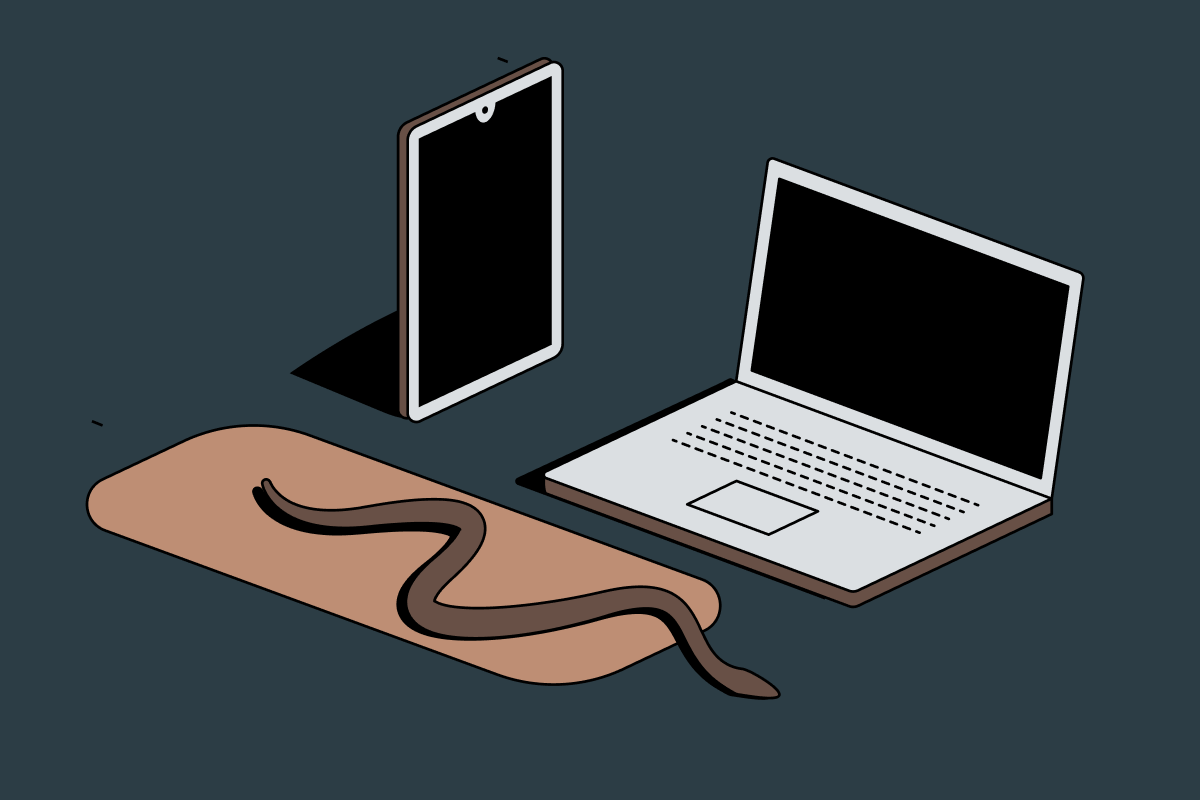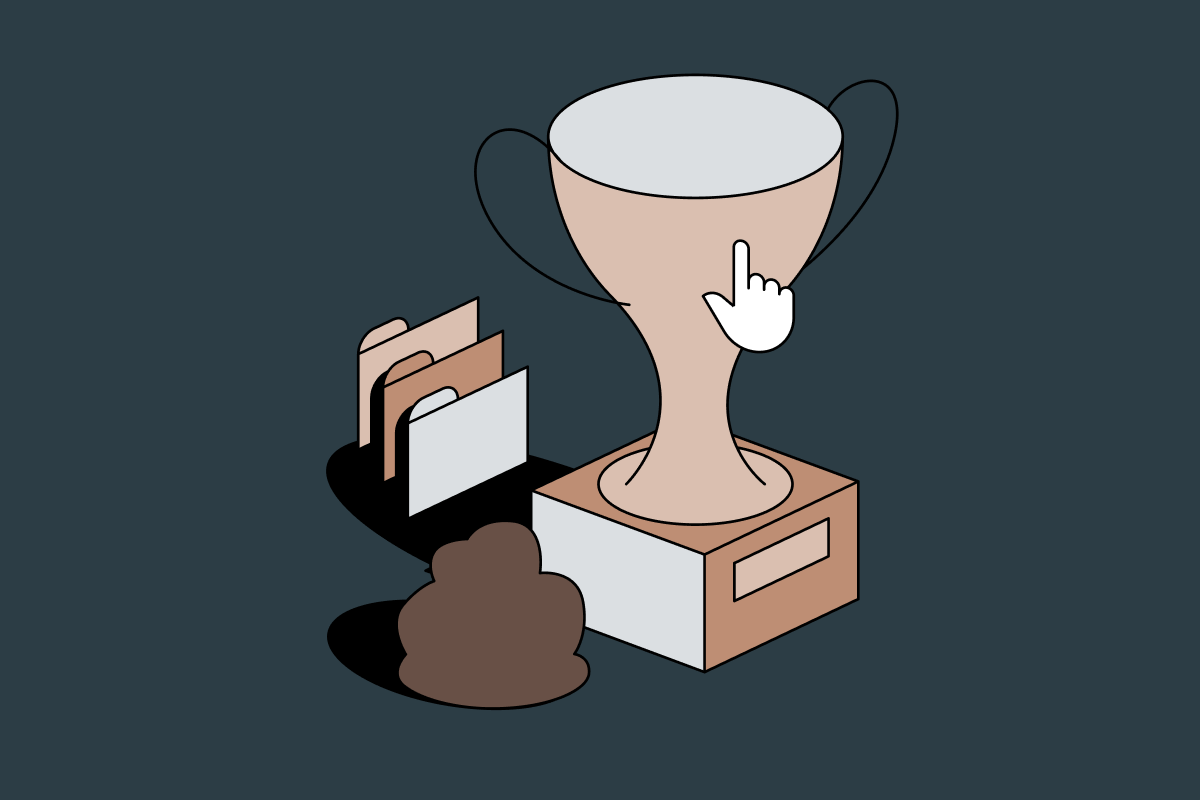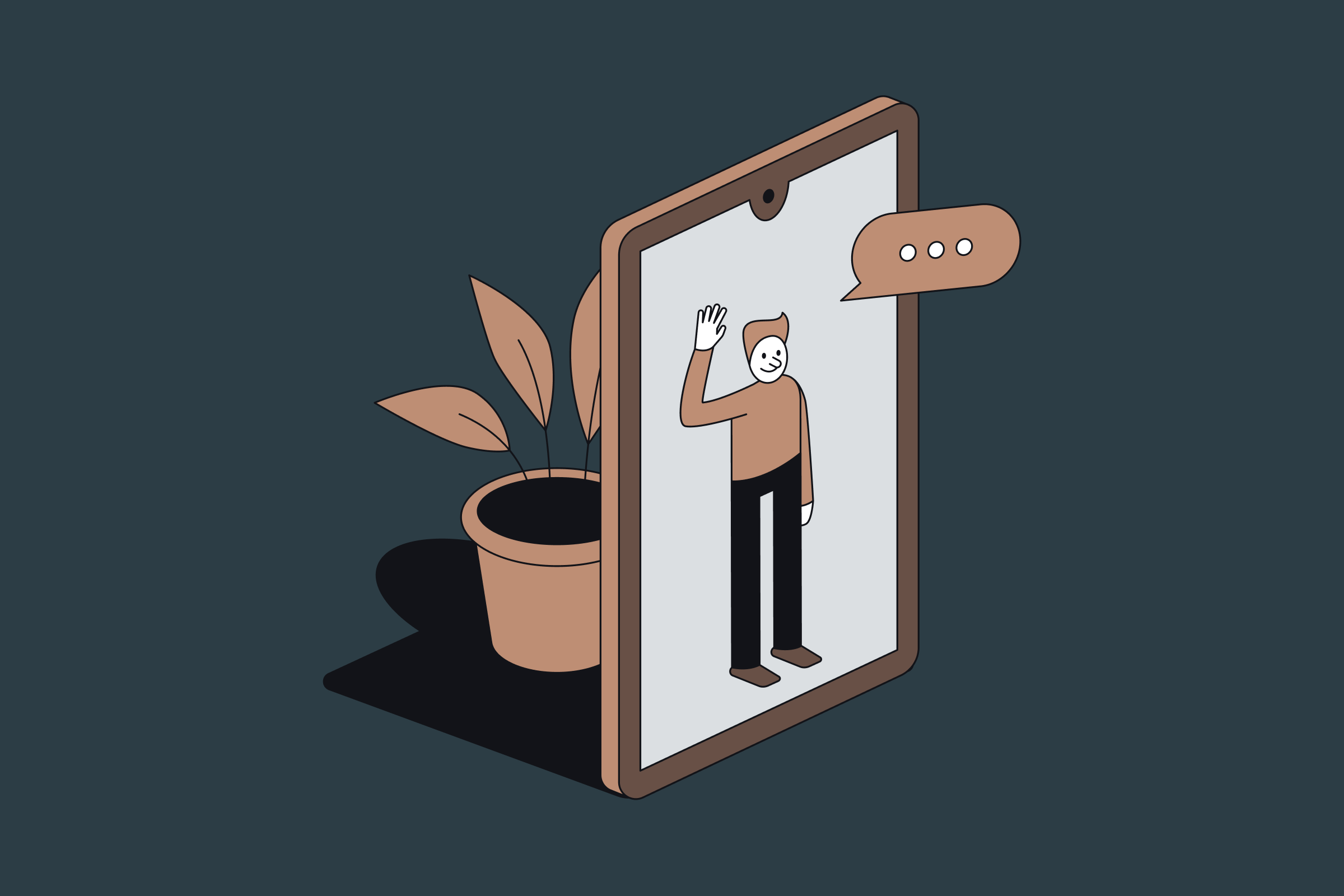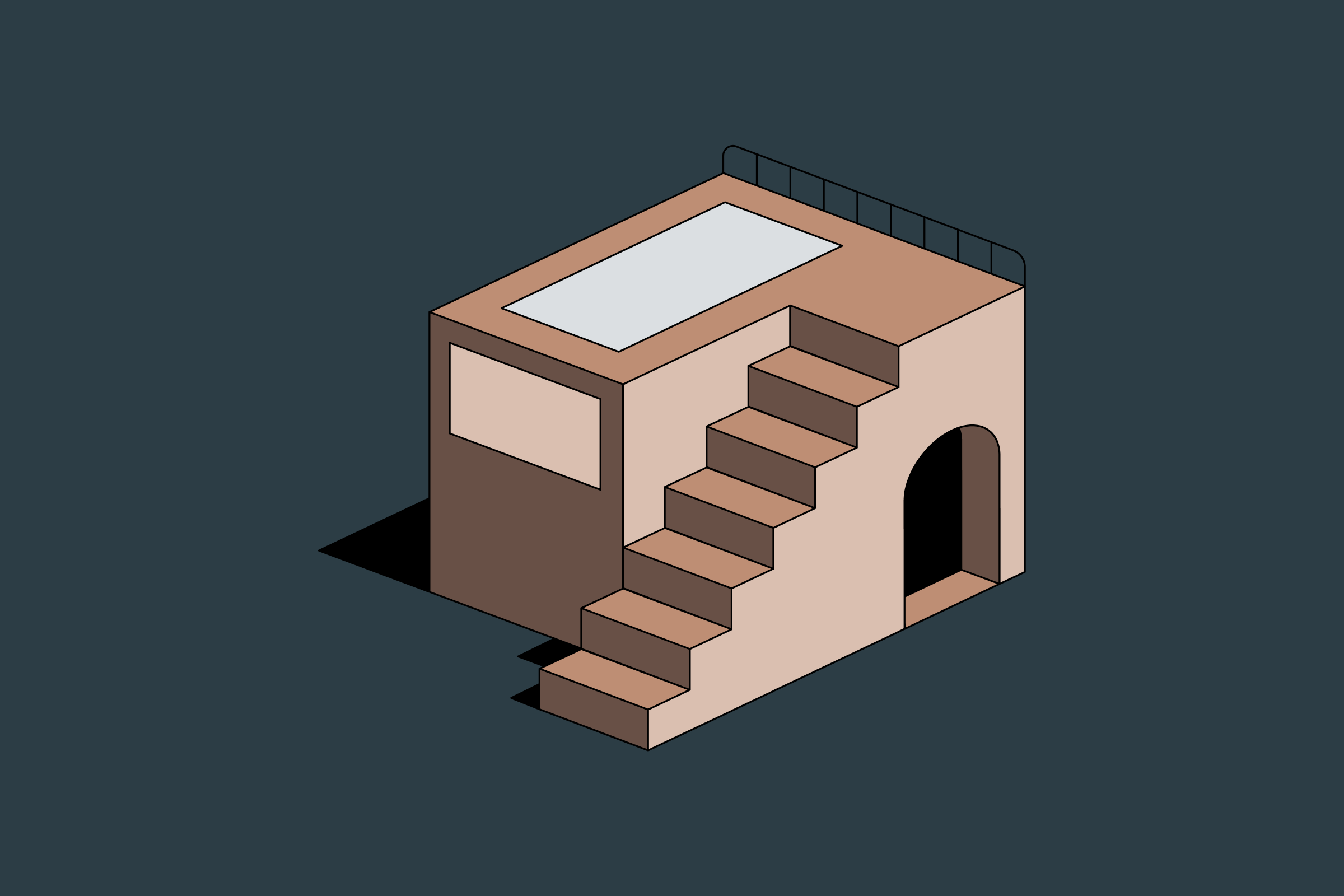Many people are considering the career change because UX design seems much easier than coding and still pays pretty well and you're working in tech.
A lot of articles and Youtube videos talk about all the amazing things that come with being a UX designer, whether that's the kind of salary that you make or the fact that you get to work remotely. Or considering a freelance path it’s the option to be fully remote and work on the project that you want to work on. Those are all great things but there sure are downsides.
Don’t mean to discourage you from pursuing your dream of becoming a UX designer but be aware of certain things if this is a path that you want to take.
Strong competition
The number of roles in the market is yet growing all the time, but it's becoming increasingly saturated, so there is a huge competition out there. This means that in order to stand out you’d have to work incredibly hard, especially if you’re just starting.
The good news is that after a certain point when you would feel confident in your design role, the competition landscape would start to change. You would receive more incoming offers to interview and have a solid understanding of how this market works. But finding your first job could be incredibly hard.
Tons of communication
You communicate your product and brand to users and your ideas and solutions to engineers. There’s no way you can skip this part, otherwise, you would seriously limit your impact and career potential. It can be a real problem if communication is something you tend to avoid. From personal experience, I’m really not an extrovert and public speaking is a real nightmare for me. But the good news is that it’s a skill that is possible to develop and improve over time. It’s a question of motivation and personal interest.
Another part of the design job is presentations. As a designer, presentation skill is a must. You would be always presenting something to someone: a stakeholder presentation of your design solution, or a design review with your peers, even handing off design to developers would require some kind of presentation on your end. Some folks can find this very stressful.
Uncertainty
Uncertainty is a default state of a designer’s world. There's never enough data and enough time – but you’ve got to research and find a sweet spot when you’re confident enough to make decisions. But deciding the future direction of a product or service is not easy. By itself, design problems are usually ill-defined and it is not immediately clear how to arrive at a solution.
Besides, product development is a very fluid medium. Everything changes so fast: technology, user demands, competition landscape – there’s really no way we can safely predict how our design would evolve in upcoming years. Working here could be a dream or nightmare if you prefer rigid plans with a little leeway.
Lack of creative freedom
UX design is not about art – it’s more about business, technology, analytics, and data. As a designer you think, analyze, compare and make decisions. There’s a little room for the actual artsy stuff, but it depends on the industry and niche you’re in. For example, working as a web designer you’d have your hands-on way more art-related pieces of work than let’s say a product designer.
UX designers spend most of their time working on concrete problems, armed with data, stakeholder feedback, and user input. It’s about connecting the dots and investigating the problem space. It’s very creative in its nature, but may very seriously from common creative work understanding. It’s not about aha moments and looking for the right time when you’re inspired to do great work.
For me personally, it never was a problem. I feel like every design task has creative potential at its core, you never have one straight way of solving a problem. An important part of a designer’s work is the User Interface (visual representation of UX), where you can do your best and practice crafty skills – working with typography, colors, shapes, and composition. There are always even more ‘creative’ tasks waiting to be worked on.
But be prepared that as a designer you would spend most of your time working on boring things. Boring design is focusing on the things that aren't seen or immediately appreciated, but can have an equal or even greater impact as "the cool stuff.” And in the end, it's all about the money and impact, it's just not the flashy kind of thing.
Alternatives to consider
A UX designer or product designer isn’t the only job in the tech space. There are many other opportunities that you should consider if you’re just starting or looking for a career shift.
Product manager
The Product Manager is responsible for things like product planning, revenue generating and marketing. He’s a mini CEO of the given product scope and operates pretty much in all directions. Mainly prioritizing product and customer requirements, working closely with design and engineering, and shaping product vision. Product manager wears many hats and their background tend to vary heavily.
There exists a position of junior product manager, who’s pretty much acts like an assistant, helping more seasoned product managers to do their job.
Data scientist
As The Harvard Business Review wrote 10 years ago, a data scientist is “the sexiest job of the 21st century.” What makes them think so? Well, they are in high demand and very well paid. No wonder – the amount of customer data growing quickly and companies looking for a way to get insights and monetization from that. Modern product development is majorly data-informed.
HR Recruiter
A recruiter finds candidates to fill open positions. In this role you’ll need to connect people and job openings, scouting over the internet for the best candidates. You’d also overseer most of the hiring process and may help a new hire to quickly adapt to a company.
In most cases, it is expected of recruiters to be personable and socially active because they are constantly communicating with new people.
These are just a few examples of tracks you can consider for yourself. Tech is a huge space full of opportunities and different roles. Don’t limit yourself to just one job title if you’re open to exploring other career choices.



